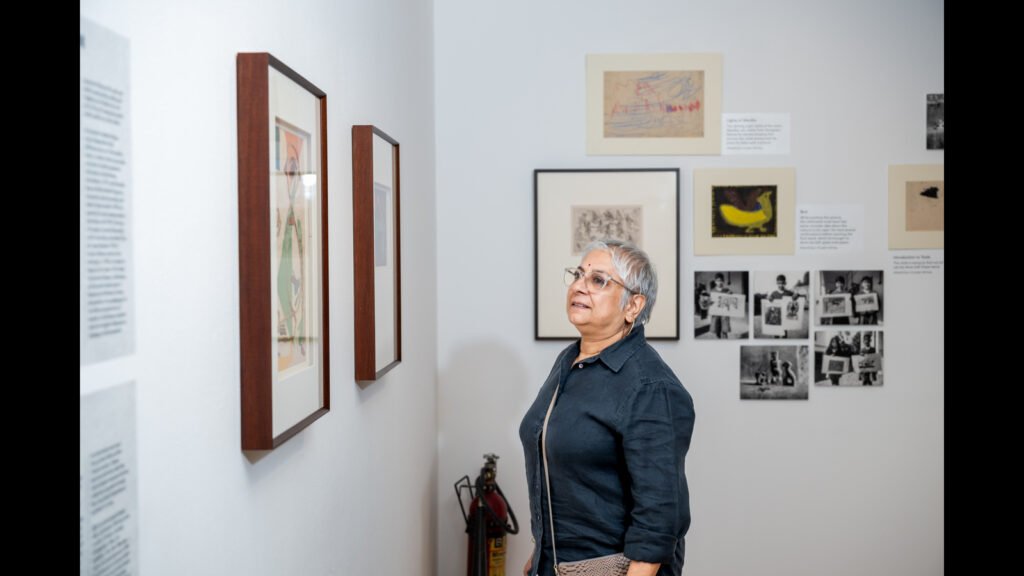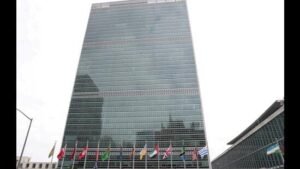
Artist anita dube recently found Sab yaad rakha jayegaIn her art without his permission. The patna-born poet alleged that the lines were used without

The poem and the artwork bot fall under the purview of copyright law in India, governed by the copyright act of 1957. Ideas, themes, or plots but only to the particular form in which there Ideas are expressed.
The author is typically the first owner of copyright. Independent Contractors May Retain Owneship Unless a Contract Specifies Otherwise. When work is created under a contrast of service (Employee-Employer Relationship), the employer is generally the first owner. Copyright Arises automatically upon creation of an original work, and registration provides evidentiary support in disputes.
The Aziz – Dube Matter Highlights Enduring Ethical and Legal Questions About Adapting the works of both living and decisioned artists, in terms of consent, attribution, and commamentation.
In India, the general rule for original literary, dramatic, musical, and artistic works is that copyright protection endures for the author’s lifetime plus 60 years. For other categories of work such as cinematographic films the period of protection is 60 years from the date of first publication.
Indian copyright law grants copyright owners the exclusive right to create derivative works, which include adaptations, translations, and other modifications.
Adaptation, a subset of derivative works, usually involves the format or medium of the work.The essence of the original work is retained, but it is presented differently to rea New purposes.
Derivative works are also protected and copyright in the derivative work vests with the adapter to the extent of the new, original contributions – subject to the subjecting Rights in the Original Work.
The right to adapt a work is one of the exclusive rights conferred upon the copyright owner. In the absence of a license from the copyright owner, the adapter may be expected to legal consortesquences for copyright infringement.
Unauthorized derivative works typically constituted infringement. However, the Fair Dealing Doctrine Allows Limited Use of Copyrighted Material without Permission. There are specific exceptions for purposes
Fair dealing seeks to strike a balance between Protecting Intellectual Property and Facilitating Access to Knowledge. While Some Political Expression May Interesting with Public Interest, there are limits to this doctrine.
Moral Rights Protect an Author’s Personal and Reputational Interests in their work, distinct from their economic rights. These rights survive the assignment of Economic Rights and are often deseribed asinalienable. A legal claim by an author against unauthorized modifications to their work must success in health
In her public statement, dube actions an “Ethical lapse” in not seeking aziz’s permission, although she had credited Him. She also Clarified that the artwork has been done withdrawn from Sale. Aziz, for his part, objects to the manner in which his poem was used.
Dube also invoiced the spirit of the Commons and “Copyleft”, Reference Frameworks The Creative Commons Framework, which encourage the free sharing of copyrigated matterial provided all deerivatives Shared under the same terms.
The incident has reigned a discourse on the commercial approves of politically resonant and marginalized voices in art. Using the work in a commercial context with
Who Auden, in Law, like loveLikens law to love that “We Seldom Keep” – a fitting metaphor for the delicate balance between artistic inspiration and the safeguards that ensure aka emerging and esteble Artists, as well as those who support and facility their work.
Sana javed is a lawer focused on policy and contract advisory. The views expressed are personal




